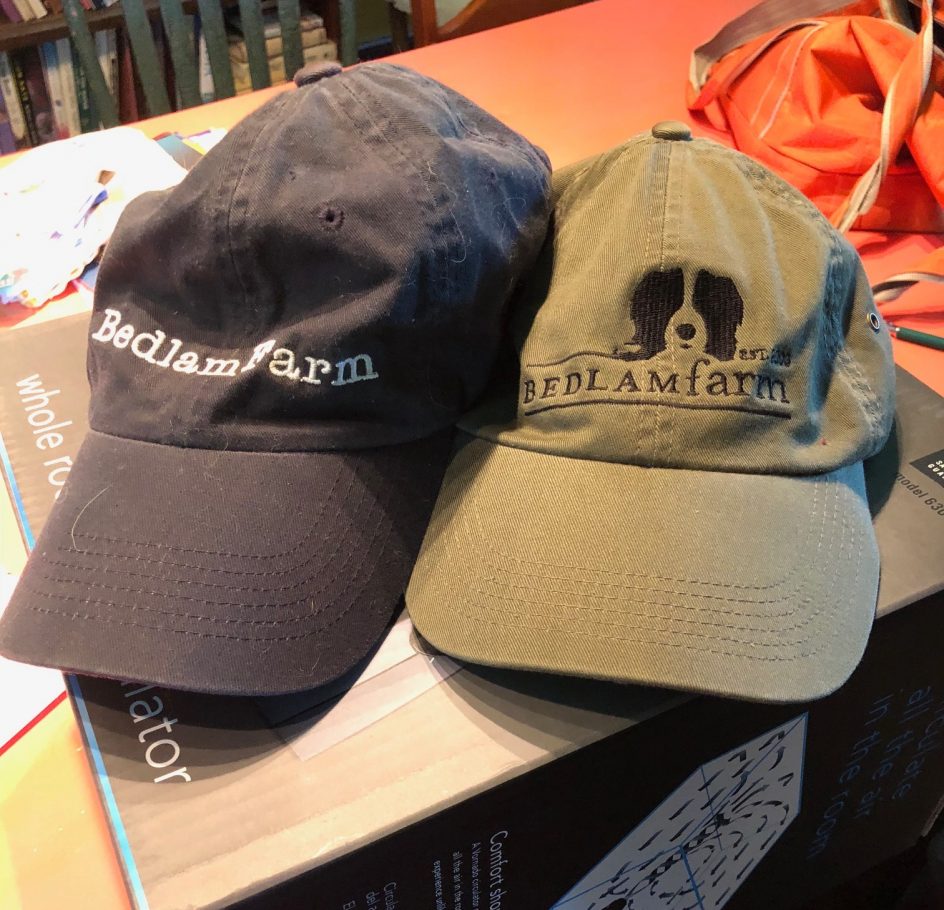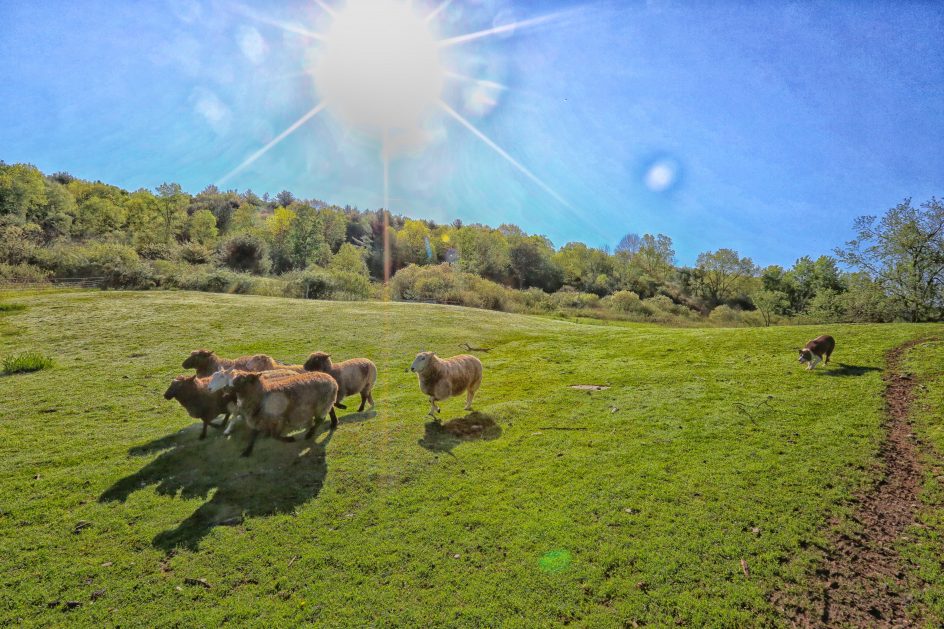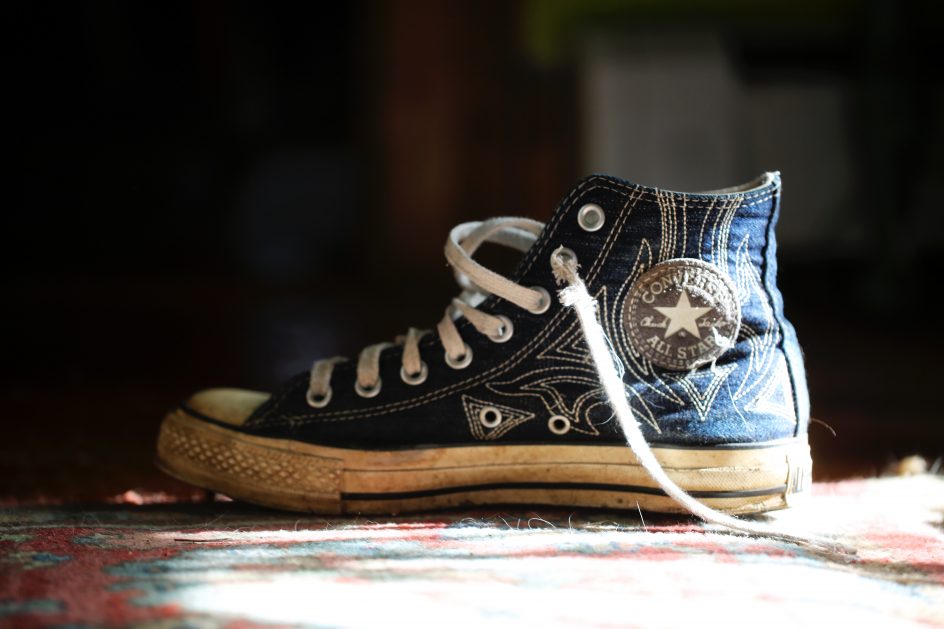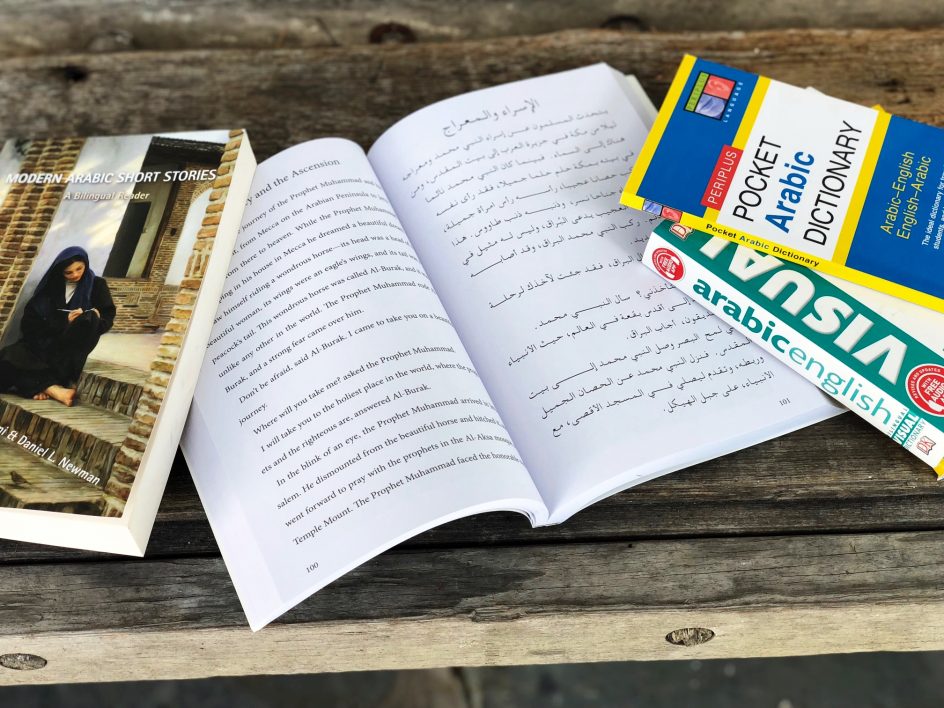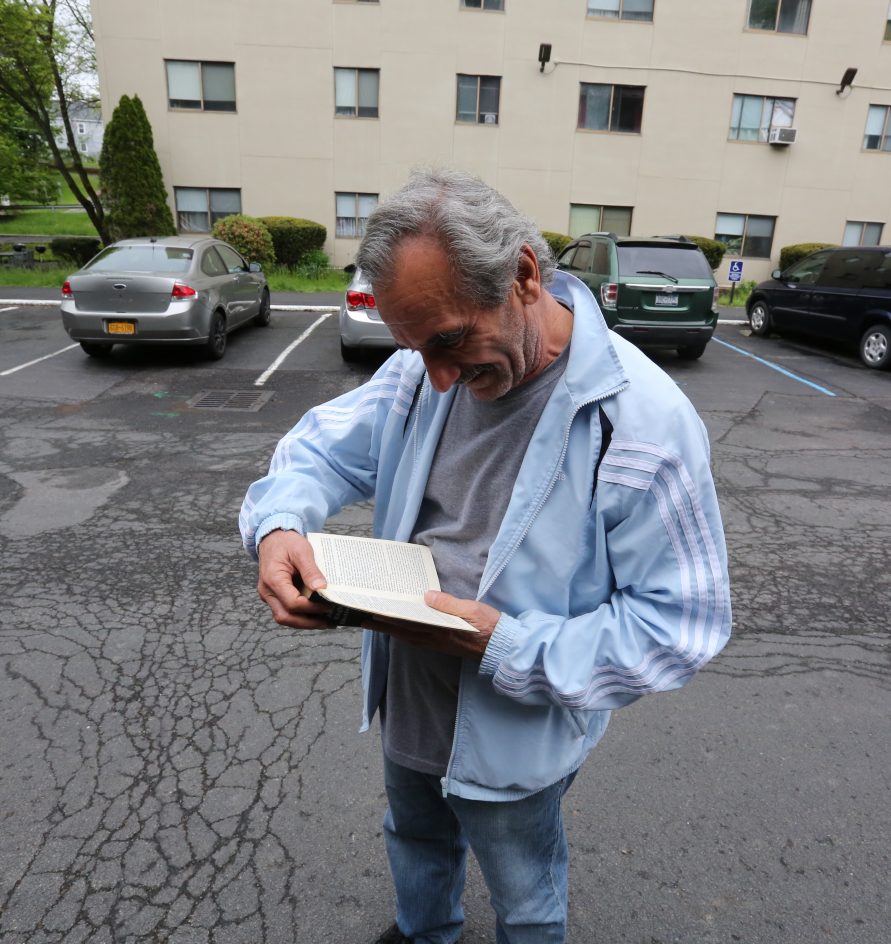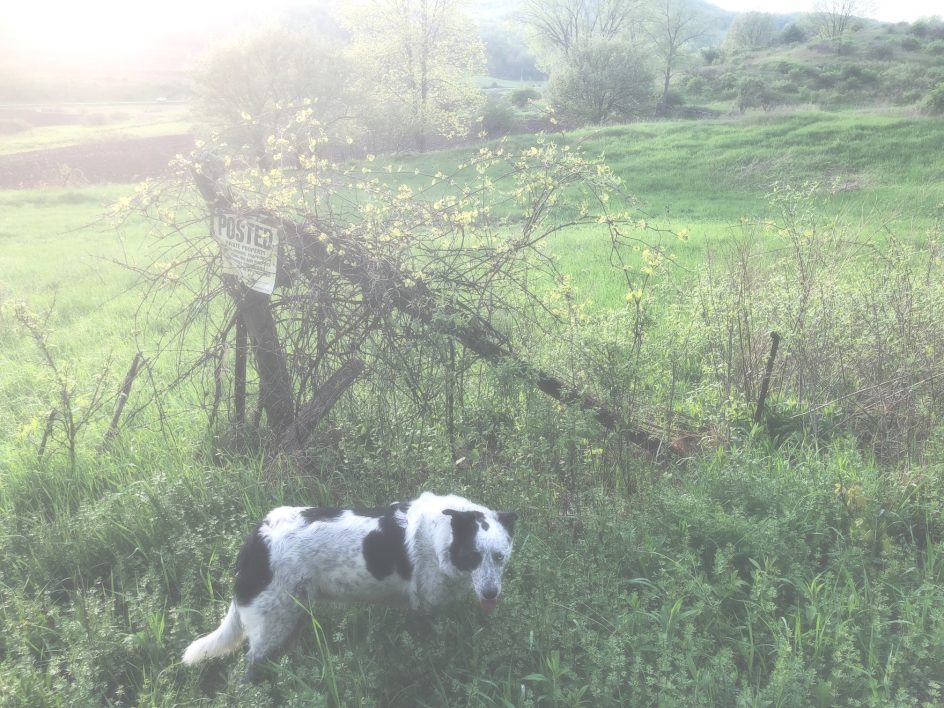
Almost every day now, I get thoughtful and valuable messages from people all over the country who wish to help the refugees or the Mansion residents. I am grateful for them, I thank you for them.
But I can’t do any of them.
Today’s ideas were that i form a non-profit 501C; that we create a business collective to help the refugee women start their own businesses, that I show the refugees how to use library service, set up some national chapters of the Army Of Good, get free library cards and programs, that we connect the refugees to refugee pen pals in every part of the country, form a housing community for them to find good places to live, form my own refugee support group, or offer rewards to people who hire them, and seek out homes in which they can vacation.
These are all good and interesting ideas, the best use of social medial.
I will see they get into the right hands, but those are not my hands. It is an American tendency to do more, grow bigger. I am learning to move in the opposite direction.
I also want to be honest and I explain why I can’t and won’t try to carry out these suggestions.
First of all, the work of the Army Of Good depends almost entirely, I think, on drawing and observing boundaries around the work that Ali and I are doing.
He and I talk about this almost every day. I am not a social worker, I am a writer, and he is a van driver.
I have not been trained as a social worker, and don’t wish to be a social worker. It is a very particular skill.
The refugees we are helping are in desperate straits. Most are new here, can’t speak English, don’t have cars or money for food and rent, and often, no real place to live. They are mostly trying to survive, the first task of the refugee in a strange, and in our case, sometimes hostile world.
My job is to meet these people, write about them and hopefully inspire or persuade people to help me help them.
What we want is to stabilize them so that they can start to build a new life. If they need help, we steer them to the people who can provide it, we can’t do that for them, there are too many and we are too few.
But this is not what I do for a living.
I publish a blog every day and am working on my umpteenth book, to be published sometime next year. I work hard on the blog, and taking photographs for the blog. Books take a lot of time and hard work, so does my blog.
I also work working with the refugees and Mansion residents, this takes up about half of my work time now, and I drive to Albany several times a week.
For this program to continue working, and it is working, thanks to you, I have to be iron-sharp about the boundaries of what I can do and what I can’t do.
Ali and I generally function as Inside and Outside Team, we are getting to be as precise as a military operation.
Ali finds the refugees in the most need of help – he knows everyone in this community. I meet them, get to know them, tell the story, raise the money to help them. Many of these good people are traumatized, their stories are sometimes very hard to get out into the open.
It has been hard and difficult work.
I don’t speak Arabic and it will take time for many of the refugees to trust me or even quite understand me. Many refugee women are frightened of even talking to men, let along sitting with them on sofas, and it takes time and patience to break through those barriers.
I learned early on that I do not get along well with bureaucracies and can’t bear office politics. I told the people at RISSE, the refugee and immigrant center, that I would raise money for them, but that they had to leave me alone, I had to have the freedom to do this the way i wished and needed to do it, and believe that it will work.
My idea was – is – to humanize the refugees, not treat them as a political issues, but as human beings. To show they are no danger to us, no threat. So our help is focused on individuals, not institutions. Our money goes to people, in full public view. They must be willing to be photographed, or we can’t help them. People must see where their money goes, and to whom.
This is, understandably, a hard idea for non-profit managers to grasp.
There was, as usual, the person or two at RISSE that I make uncomfortable, an old and familiar story for me.
It wasn’t more than a few days before they were telling me how to collect the money, where it should go, how much insurance they wanted me to have, to give the money to them, not the refugees directly, to focus less on the soccer team, to not function out of the city, to not buy pizza or pay for movies, or visit the Mansion residents, or advertise for tutors.
I’m surprised they left me alone as long as they did. I just freaked some of them out, as I am known to do. We bought our own van. We try to help RISSE all the time, we do our own work in our own way. Thanks for supporting the RISSE Amazon Wish List, I hope your support continues, you have done a miraculous thing, transformed this urgently needed school. Keep it up, please, if you can.
I can’t say enough about the wonderful people who work with RISSE, and the great work that they do. They deserve support.
I’m not cut out to work for corporations or institutions, it took me painful years to see that. One board meeting of the Women’s Work Collective would send me into rehab.
This is a process that evolves and changes. I believe I’ve found an effectivel way to make contact with the people who need help the most, to raise the money they need to steady themselves, to get it to them quickly and without bureaucratic process. It works.
That is just what I set out do in the first place.
We move fast and do good. But one reason it works is that we keep it small and focused. We don’t get deeply involved. I think of the Batman, who sweeps in, and just as suddenly, flies out. We don’t overreach or overpromise. We don’t work miracles, just small acts of great kindness.
It isn’t in my DNA, as Oprah would say, to organize groups of people.
I can e-mail Saad’s address to the good and loving teachers who to organize Pen Pals, but that’s it. I can’t help organize a women’s business collective, or research library privileges, and I won’t start a 501 C so that I can do hundreds of hours of paperwork a year and bow to a Board Of Directors.
I don’t want to burnout either, I’ve done that before, it doesn’t help anyone. In hospice, Izzy and I had five people die in a single week. I needed to see a social worker after that.
Those small donations add up and are precious. The refugees know they have to make it on their own, they are working hard at it. They don’t need or want to engage too much with me, like adolescent kids, they need to be free and feel free and stand on their own. Sometimes we can help them do that. Sometimes they become friends, most often, they move on.
It is in the nature of people to always expand, do more, add new things. If it works here, let’s do it everywhere.
That is not my nature, we have a focus and a formula and it is working and we will hone it and polish it and keep it small. My nature now is to do fewer things, keep them small, and do them well
We choose the people we help carefully, we can’t help all of the people all of the time, we can help a few people some of the time, and for a very finite period fo time. The Army Of Good has a big heart, but as a rule, the people in it are not wealthy.
So many of the donations we receive – from all over the country now – come in envelopes stuffed with $5, $10 and $20 bills and notes saying “I wish I could do more.”
Our work is routinely supported by people who can donate more, $500 or $300 even $1,000. Thank you, without you we could do a lot less. They take us to new places.
I won’t allow myself to tire of this work, and I don’t wish to waste anyone’s money, or run out of the relatively small amounts of money in the special fund for the refugees am Mansion residents.
There is close to $3,500 in the refugee fund today and most of it will be gone by the end of the week after we put down security deposits for Hawah and Omranaso.
Our rule is simple. We do the best we can for as long as we can. We help people in extremis, in emergencies, in despair. That is the boundary.
In a more just world, these would be and once were the acts and functions of government: to admit refugees, welcome them, and support them until they could stand on their own two feet. We have become a Darwinian country, suspicious of outsiders, contemptuous of the poor, and indifferent to the needy and the vulnerable. We seem to blame them for needing help, as if it were a moral failure.
The role of our government in the life of the refugee is noticeable for its absence and retreat from these people.
Thank you so much for helping me carry out this work, it seems to me it is the least we can do, and not enough, never enough. And thanks for sending me your ideas. Perhaps they will one day see the light of day.
We welcome your help, it makes all of this work possible. You can send your contributions to the Gus Fund, c/o Jon Katz, P.O. Box 205, Cambridge, N.Y., 12816, or via Paypal, [email protected]. Please mark the donations for “refugees.”
Today, off to Albany to see if we can get Mawah into her new apartment and begin her new life in earnest.

